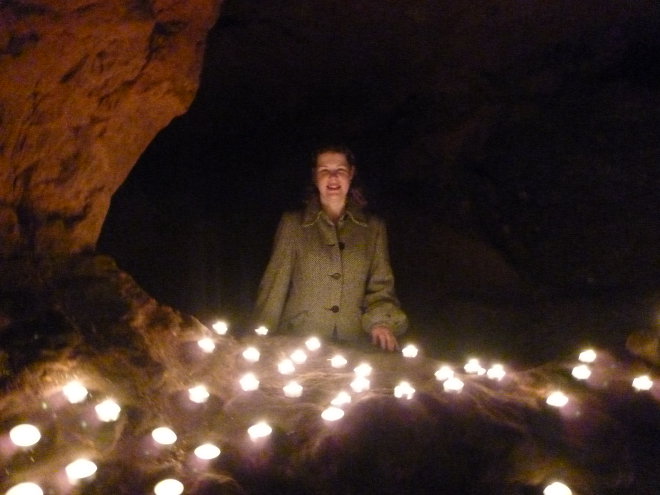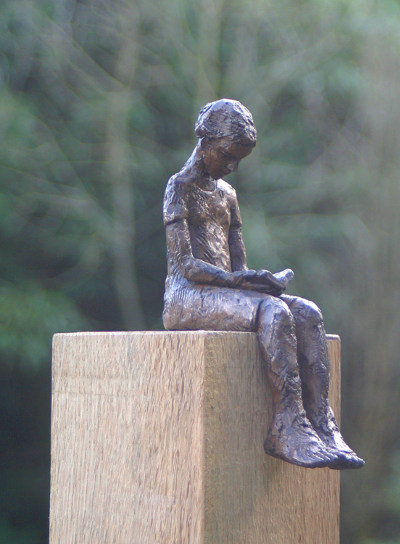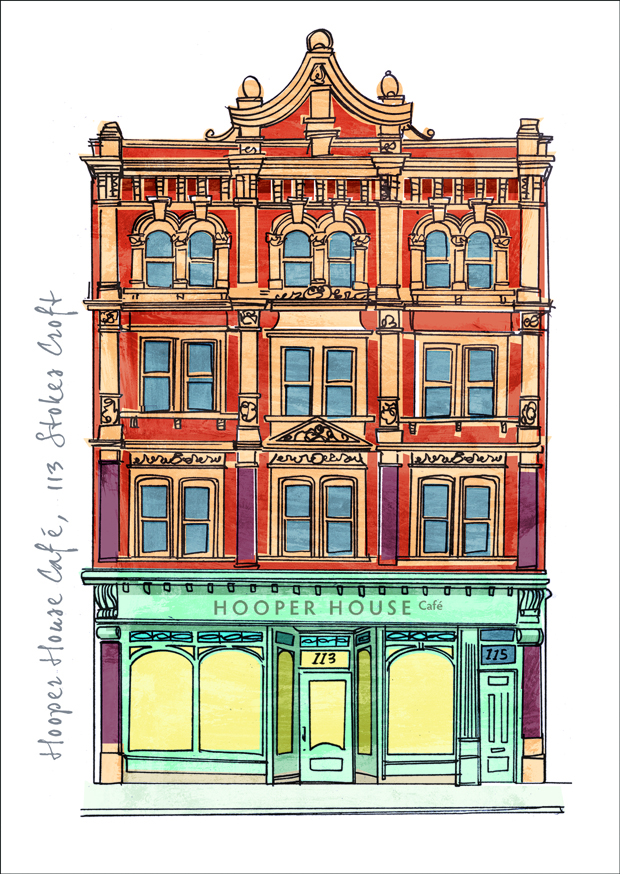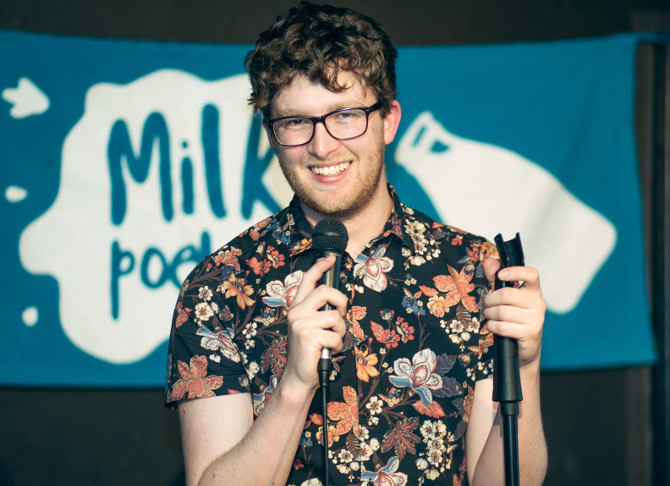 Unfolding in Foyles Bookshop Bristol as part of Bristol Festival of Literature, Milk Poetry wound through our ears, hearts and minds, reminding us that words have a life beyond the page. This group of skilful poets and their guests each imbue their lines, rhymes and musings with startling individuality and honesty.
Unfolding in Foyles Bookshop Bristol as part of Bristol Festival of Literature, Milk Poetry wound through our ears, hearts and minds, reminding us that words have a life beyond the page. This group of skilful poets and their guests each imbue their lines, rhymes and musings with startling individuality and honesty.
Malaika Kegode founded Milk Poetry in January 2015. “Milk Poetry was conceived to be a friendly, nurturing night that treated all performers with equal respect, warmth and room for growth,” she says. “The impetus behind the night was to offer equal billing and opportunity for up and coming poets, with a focus on artist development. Many poets can get stuck in limbo after performing for a couple of years; not quite a headliner but creating work more advanced than standard open mic fare. So Milk Poetry was created to bridge that gap and offer chances for people to hone their skills on stage and perform shoulder-to-shoulder with ‘big name’ acts, so they can feel like the true artists they are!”
She adds: “As Milk Poetry has grown, I think that nurturing backbone has just become stronger, and some artists who started performing for the first time at Milk Poetry have gone on to be major players in the poetry world.”
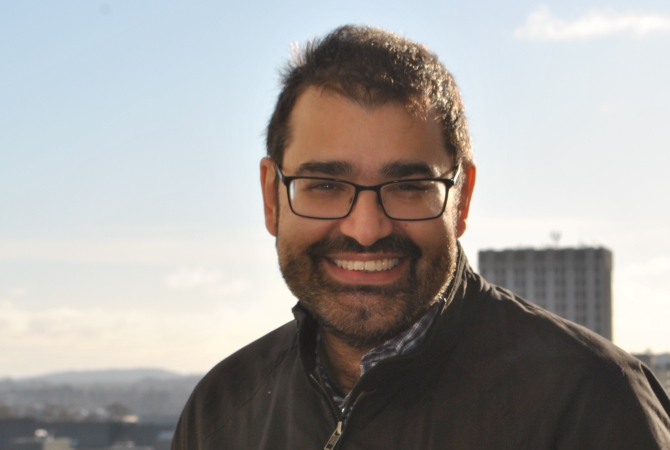
The evening opened with the wit and self-depreciating humour of Tom Sastry. Tom is one of the 2016 Laureate’s Choice poets. He brought us the first and only use of the word “ersatz” and wrote of “ganging up on our past selves who we secretly love” and “dead cakes in cellophane.” Many of his poems were a whisper away from being reclassified as flash fictions, pouring whole lives into our ears distilled down into a few vivid lines.
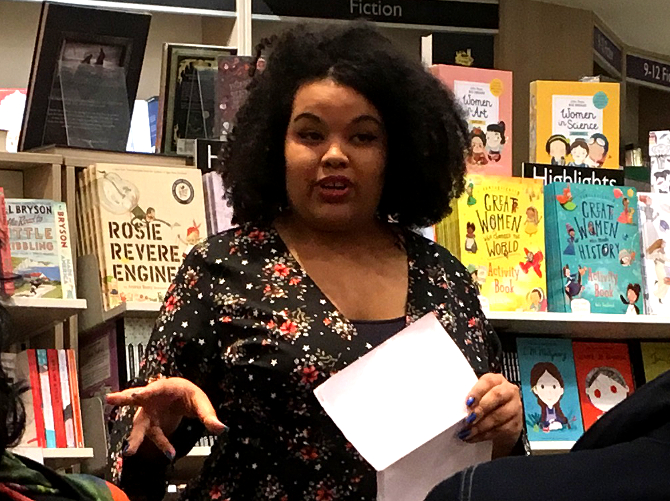
Next up, Malaika Kegode’s poem rattled through and over us, drawing us into a train journey, a relationship gone awry, and an ending so tragic that it made my teeth shake. There’s something powerfully filmic about her composition, so that you see the train carriage and its passengers, see the passing fields with their excess of sheep, and see the moon and the sun each highlighting what went wrong.
Next up, multiple slam winner Tom Denbigh (picture at the top of this post) delivered a story in the form of a poem, setting word choices at curious angles that created a sense of eavesdropping, and getting caught. He brought us the evening’s first use of the word “cardigan.” Offbeat and comic, the poem twitched with a sense of the search for identity, and of trying to solve the puzzles that make up the people we encounter.
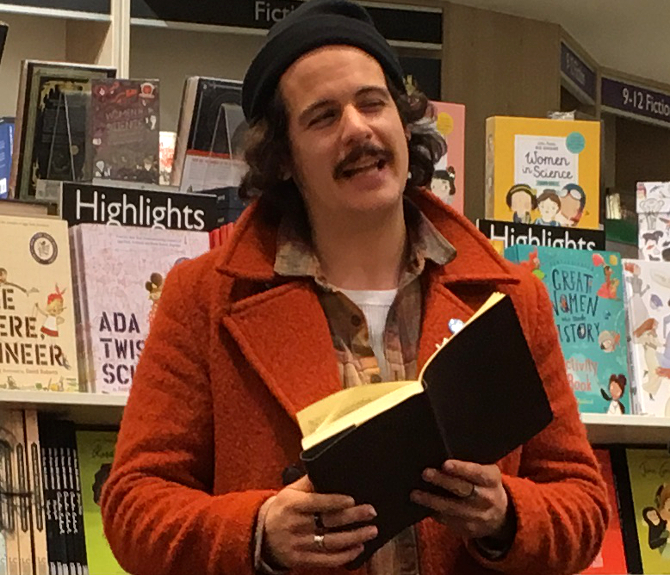
Milk co producer Sam Grudgings, who describes himself as a poet perpetually on the edge of collapse, had rather delightfully brought his granny along. Taking us collectively by the hand, Sam led us on an excursion into a haunted house, speaking not to us but to the ghost herself, with her “arson fingers.’ Exquisite imagery drew us into a gloriously painterly scene, pegged with emotion.
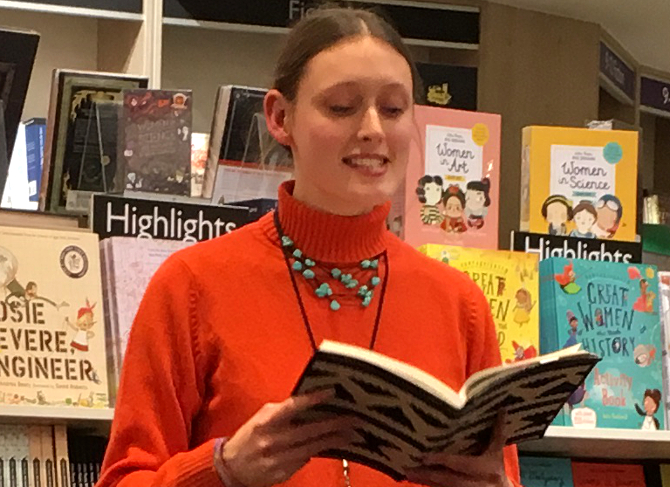
The potent Beth Calverley, co producer of Milk and Chief Operator of The Poetry Machine, performed Witchcraft, a poem laced with tenderness. Her words glimmered as though lit from within, with echos sounding quietly on the peripheral of our hearing. As Sam said in introducting Beth, her poetry is comprised of layers of meaning – there’s far more here than a single read or listen can reveal.
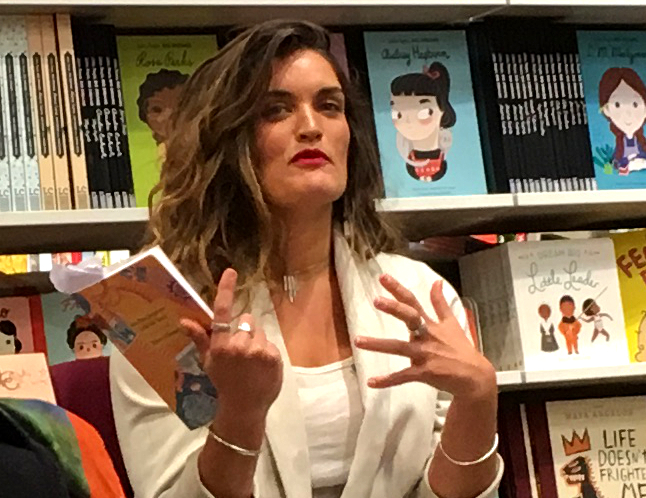
Our final poet Rebecca Tantony shared a set of poems rooted in the complexities of family. Visceral, raw and compellingly intimate, Rebecca’s poems sent tremors oscillating the bookshop’s air, rustling pages and ricocheted empathetic shivers down listeners’ spines.
Find Milk on Facebook.
Seen, read or experienced anything interesting recently? I’d love to know. I’m always happy to receive reviews of books, art, theatre and film. To submit or suggest a review, please send an email to judydarley(at)iCloud.com.
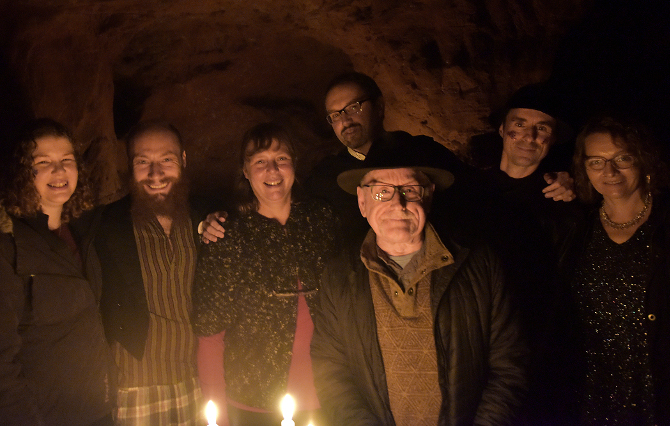

 Unfolding in
Unfolding in 




